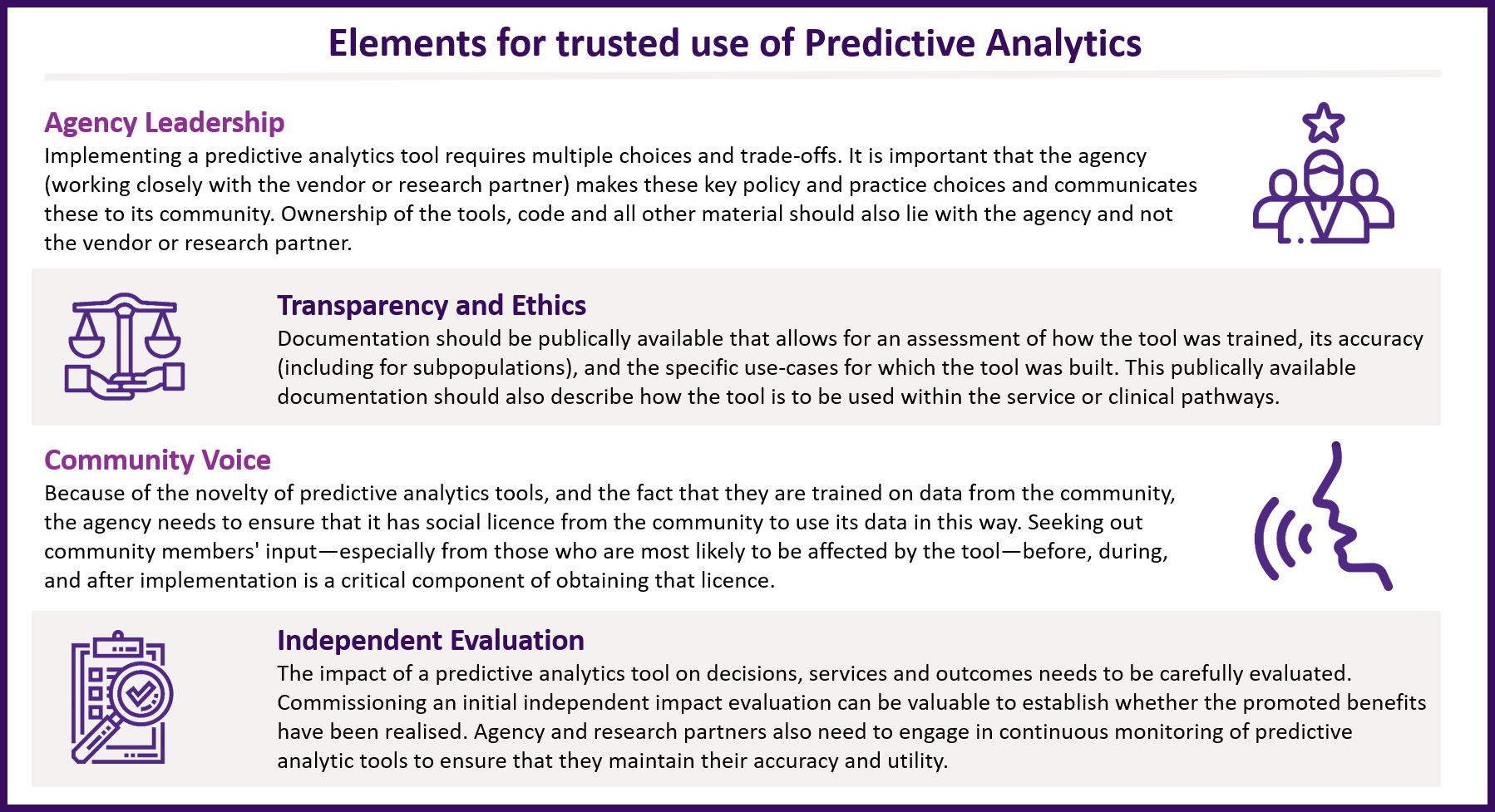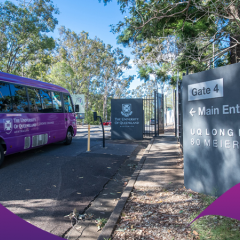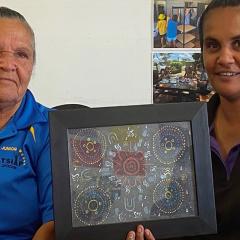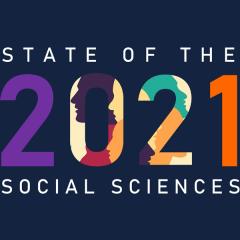 With evidence emerging that predictive analytics tools can help public sector agencies deliver better services and outcomes, jurisdictions worldwide are increasingly looking to harness insights from rich data sets to improve outcomes for their communities.
With evidence emerging that predictive analytics tools can help public sector agencies deliver better services and outcomes, jurisdictions worldwide are increasingly looking to harness insights from rich data sets to improve outcomes for their communities.
ISSR Professor of Social Data Analytics Rhema Vaithianathan, who leads the Centre for Social Data Analytics (CSDA) at AUT and UQ, says communities are often understandably concerned about the prospect of governments and public sector agencies using data analytics tools.
“Communities are rightly concerned about aspects including bias, fairness, privacy and ethics and they need certain questions answered before they feel comfortable with new uses of their data,” says Professor Vaithianathan.
Rhema became aware of the challenges of bringing innovative data solutions to life when leading an international research team beginning work on the Allegheny Family Screening Tool (AFST) in 2014. The AFST, which was implemented in 2016, is a predictive risk modelling tool that supports the screening of child maltreatment allegations in Allegheny County, Pennsylvania (US).
“On the AFST project it became very clear that in order to build trust and get a promising data tool across the line, we needed to demonstrate a meaningful commitment to strong agency leadership, transparency and ethics, community voice and evaluation and monitoring,” says Professor Vaithianathan.
Drawing from her experience with AFST and other experience implementing predictive analytics tools for social services, Rhema now promotes a set of guardrails to government agencies as a key part of the development predictive analytic models. These guardrails are the foundation for projects led by CSDA and continue to evolve as the team takes on predictive analytics projects in new areas.
“These guardrails highlight the need for all of us to go beyond the question of what we can do with data and ask how we can use data in a way that is trusted and acceptable to the community.”




